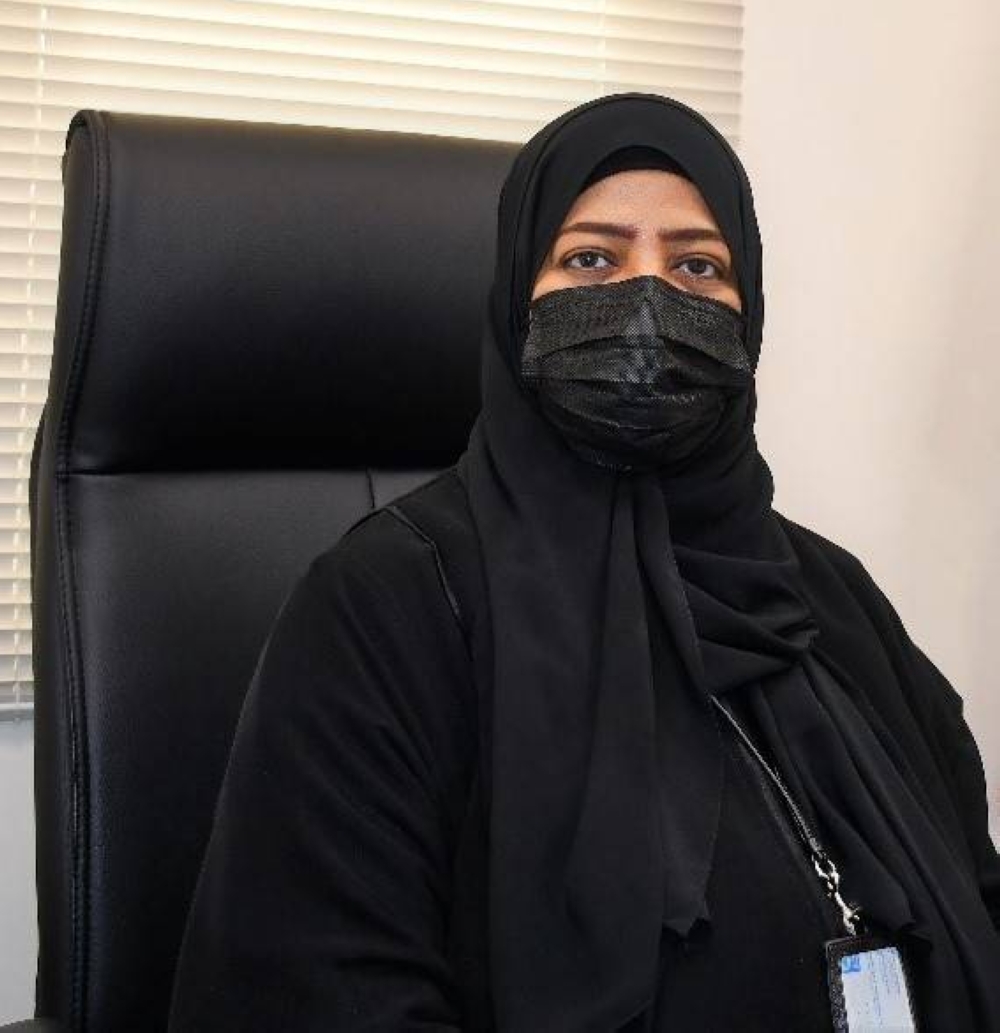Hamad Medical Corporation (HMC) hosted recently the ESMO (European Society For Medical Oncology) Advanced Course on Breast Cancer, titled *Filling the Gaps Following Progression on CDK4/6 in Hormone Receptor-Positive HER2-Negative Advanced Breast Cancer, led by Dr Salha Bujassoum, chairperson of Medical Oncology and Palliative Care Medicine.
This event, the first of its kind in Qatar, highlighted strategies for managing advanced breast cancer, particularly for patients whose condition progresses after treatment with CDK4/6 inhibitors.
With a blend of global expertise and dynamic discussions, the course set Qatar's status as a leader in oncology education.
The course attracted more than 100 leading oncologists, researchers and healthcare professionals from around the globe, all focused on addressing pressing challenges in advanced breast cancer care.
Delegates from Qatar, Saudi Arabia, the Unites Arab Emirates, Italy, France, Austria, Kuwait, Oman, and Spain exchanged ideas and shared best practices.
The event featured interactive case discussions that provided practical insights into real-world treatment challenges, expert panels highlighting the latest breakthroughs and clinical innovations, and collaborative networking opportunities, serving as a global platform for fostering partnerships in breast cancer care.
Under Dr Bujassoum’s leadership, the course emphasised evidence-based approaches, personalised treatment plans, and the integration of novel therapies into clinical practice.
This event bridged critical gaps in care and inspired a collective commitment to enhancing patient outcomes worldwide.
"This event marks a transformative step in advancing breast cancer care and is a testament to Qatar's growing prominence as a global hub for oncology education,” Dr Bujassoum said. “Our commitment to improving patient outcomes is solid and steady, and this course has equipped us with valuable insights and strategies to address the evolving needs of our patients."
“The collaboration among leading experts from various countries underscores the significance of sharing knowledge and fostering partnerships,” she added. “Together, we can create innovative solutions that will enhance the quality of care for breast cancer patients locally and globally.”

Dr Salha Bujassoum
